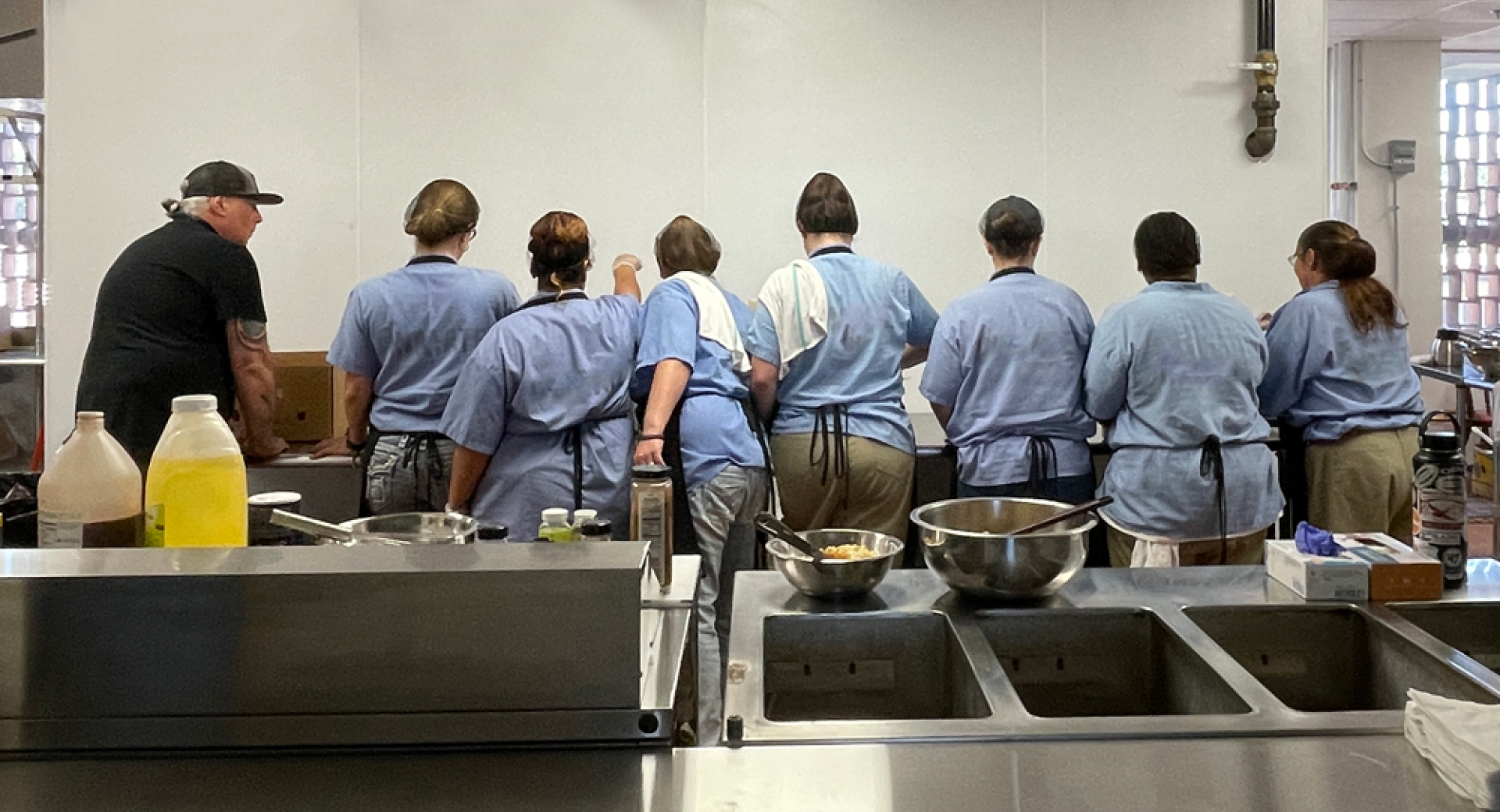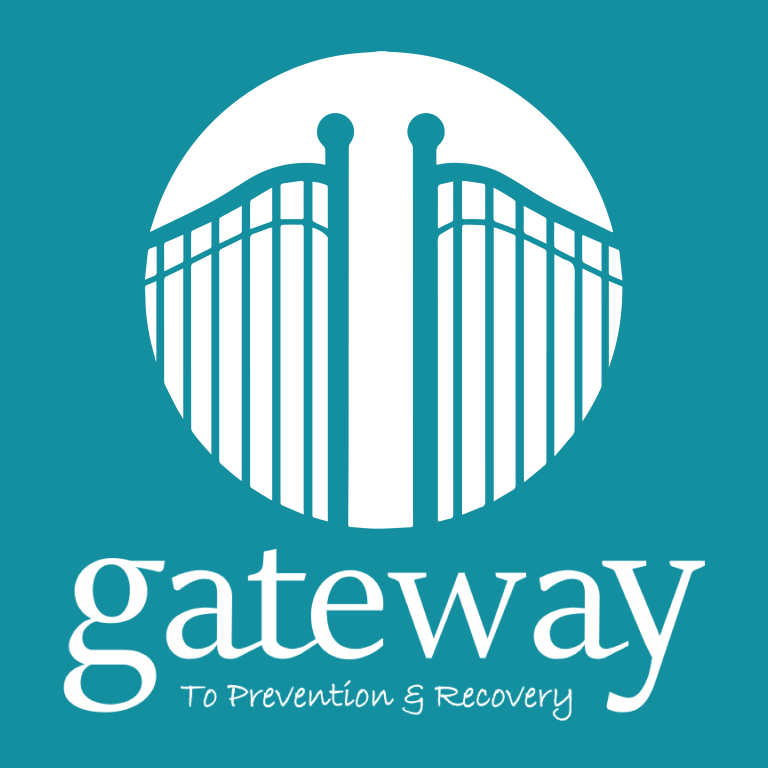
I firmly believe that all of us need all of us to succeed. All residents of a community are connected and our collective success is contingent on healthy relationships and inclusion. This assertion took on a deeper meaning in 2018, when I was extended an invitation from the Justice Lab at Columbia University to participate in the Square One Project, an initiative designed to reimagine justice and public safety. Little did I realize how significantly this opportunity would impact my life. The Square One Project supports and empowers a diverse group of stakeholders to imagine a response to harm that does not lead with punishment and is free from racial disparities.
Three core values underpin Square One’s work to inclusively reimagine justice and safety: truth-telling, power-sharing, and human dignity. As we seek to answer the question “who needs to give up power and who needs to gain power?” we employ these values to ensure a level playing field for all perspectives. We live out these values by centering people affected by the harm and trauma caused by inequality and systems of oppression in all of our discussions. For far too long, people who have had the most access to resources have made decisions on the behalf of others without their consent or input. As a proud Shawnee resident, it is my hope that our city will make policies differently. I hope for us to create larger tables where all community members, especially those impacted, have input and voice.
Our neighbors in McLoud are modeling the power of inclusive reimagination. Residents from the Mabel Bassett Correctional Center (MBCC) provided their insights to the Education and Employment Ministry (TEEM), an OKC nonprofit dedicated to breaking cycles of incarceration through education, personal development, and work readiness training and the Sarkeys Foundation. With their input, TEEM and Sarkeys have launched a new scholarship initiative. Women incarcerated at MBCC came up with the idea of this scholarship program with the dream of breaking the cycle of trauma, addiction, and poverty in their families.
Nicole, a resident at MBCC, was one of the scholarship’s visionaries. She noted that, “obtaining a college degree would allow me to turn my life around. I could build a better future for my son and myself. I will be the first in my family to attend college.”
Another advocate from MBCC, Felicia, stated, “Obtaining a degree will help make the rest of my life the best of my life. It will open many doors when I am released from prison. Having a degree will show potential employers that I am more [than] my mistakes.”
That this concept came to life because of the leadership from women currently incarcerated demonstrates the power of inclusive reimagination to generate transformative solutions.
Another Oklahoman community is also intentionally inviting people with involvement in the criminal legal system to the table where policy decisions are made. The Oklahoma County Criminal Justice Authority recently formed a Citizens Advisory Board (CAB) to provide accountability and improve conditions inside the Oklahoma County Jail. CAB members will conduct listening sessions with residents detained in the facility on a regular basis. The intent is to build trust among community members who are part of the CAB and for them to gain a better understanding of current conditions in the jail from the jail’s residents in order to increase transparency and co-create a strategy for improving jail conditions.
Preliminary listening sessions have revealed a need for more exercise, increased access to showers, and additional programming in the realms of mental health, education, addiction, and employment. This guidance, combined with input from front-line staff, jail administration, law enforcement officers, elected officials, and family members of people being detained at the jail will result in developing a well-informed strategy for improvement.
My participation with the Square One Project has underscored the value of problem-solving in inclusive settings that respect all people and center those who are closest to the problem. Thanks to strong collaboration between city officials, tribal partners, the faith community, businesses, philanthropic leaders, and nonprofit organizations, Shawnee is making gains to improve the quality of life for local residents through efforts like Shawnee Aligned, The Campus Culture Project, Purchase with a Purpose, and R.A.W. Luncheons.
As our community continues to identify strategies to increase treatment options, improve housing stability, boost economic opportunities, and eliminate harm, we must include directly impacted people. Residents at MBCC and participants of CAB have shown us that those closest to the problem have the insights and experience to design the solutions. Holding dignifying spaces for people with diverse lived-experiences to engage in power sharing and truth-telling results in a true sense of connectivity that enables the creation of a shared vision. A community as great as Shawnee deserves this standard of values-based and principled decision making.
Kris Steele is Executive Director of TEEM (The Education and Employment Ministry), a nonprofit dedicated to breaking the cycle of poverty and incarceration in Oklahoma.. He also serves as Chair of the Citizens Advisory Board to the Oklahoma County Jail. Kris and his wife, Kellie, are blessed with two daughters: Mackenzie (19) and Madison (17) and currently reside in Shawnee, OK.
